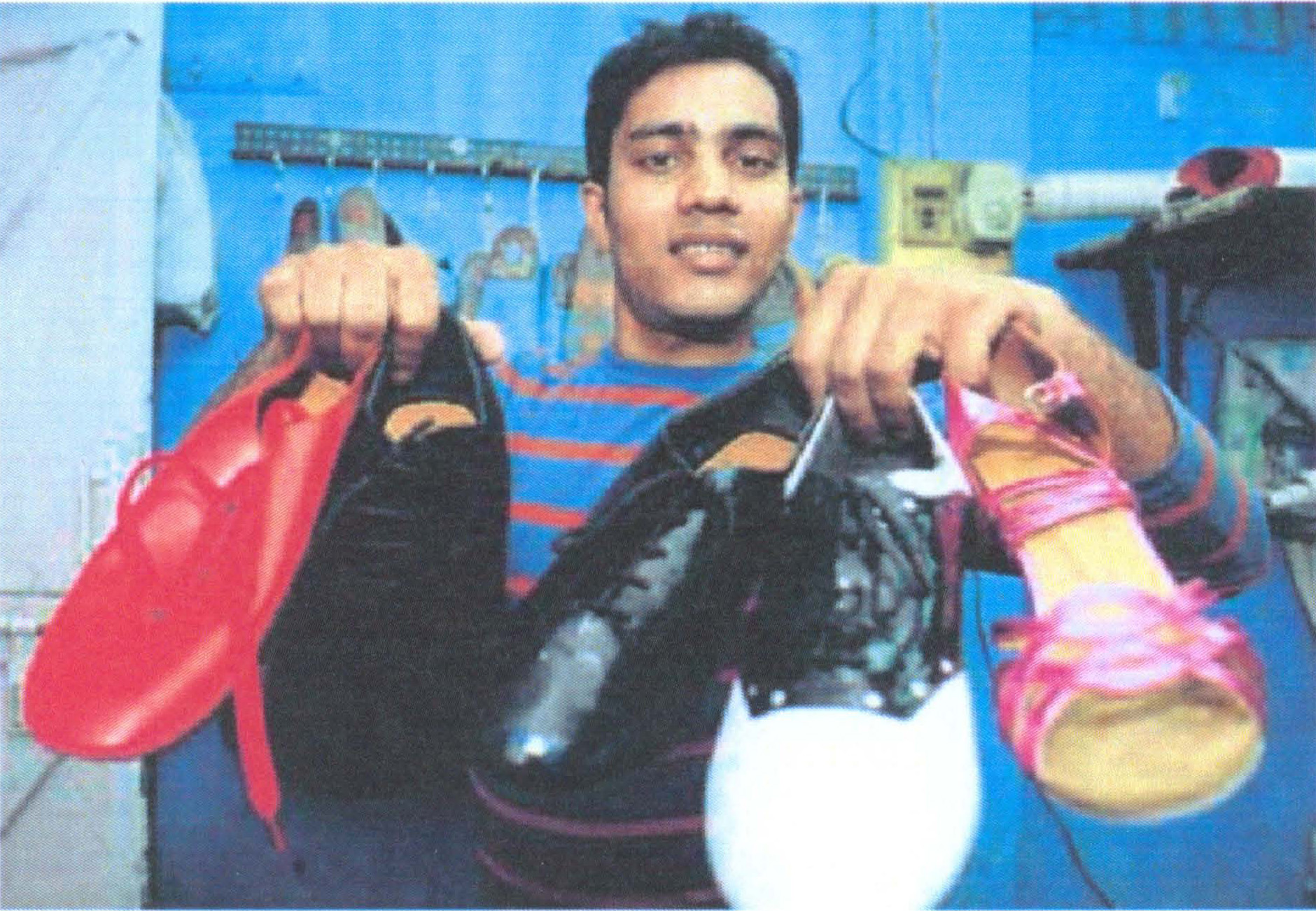Séminaires - Industries culturelles indiennes. Scènes artistiques et littéraires |
'Hips Don't Lie': Salsa, Social Class, and New Indian Cosmopolitanisms
Ananya Jahanara Kabir
In recent years, metropolitan India is witnessing an increasing popularity of salsa and other social dance forms from the Caribbean (bachata, merengue, different forms of zouk). This paper examines the development of this new form of urban leisure in India, where popular culture is already saturated with several indigenous dance forms (pre-eminently, those derived from Bollywood), as well as with less codified movements associated with Anglo-American rock and pop. I ask: what is the significance of a Caribbean-Latin dance culture, with its specific rhythmic and choreographic demands, permeating this established fabric of social leisure? What are the routes through which these forms are entering Indian public culture, what spaces are nourishing it, and what new forms of social interaction are being created by it?
The talk will draw on: my experience of dancing salsa in Delhi, Mumbai and Kolkata, on Bollywood's burgeoning interest in salsa, on Indian salseros at Salsa congresses and festivals abroad, and also on the promotion of salsa by Latin American consulates in India. I will argue that salsa’s rise in India points to new, unexpected modes of transnational as well as inter-class interactions that, together, signal new Indian cosmopolitanisms in formation. Throughout, I will pay attention to the body as a layered site of inherited and appropriated dance movements, while insisting on the necessity of incorporating pleasure into theories of cosmopolitanism and transnationalism (hence the significance of my title, a quote from Colombian musician Shakira).
This research-in-progress is part of a larger project in evolution on transoceanic and transnational rhythm cultures.
Document(s) à télécharger
Les sites du CEIAS
- SAMAJ | The South Asia Multidisciplinary Academic Journal
- CEIAS - Facebook
- CEIAS - Twitter
- CEIAS - Newsletter
- Le Bulletin de la Bibliothèque
- Régionalisme & cosmopolitisme
- DELI | Dictionnaire Encyclopédique des Littératures de l’Inde
- DHARMA | The Domestication of “Hindu” Asceticism and the Religious Making of South and Southeast Asia
- TST | Texts Surrounding Texts
- STARS | Studies in Tamil Studio Archives and Society 1880-1980
- I-SHARE | The Indian Subcontinent’s Shared Sacred Sites
- Sri Lanka et diasporas
- Sindhi Studies Group
- Carnet du Master Études asiatiques
- Master “Asian Studies”
- Social Sciences Winter School in Pondicherry
- Caste, Land and Custom
- Musiques indiennes en terres créoles
 Actualités
Actualités
Devenir juifs : conversions et assertions identitaires en Inde et au Pakistan
 Débat - Mardi 9 mai 2023 - 14:00Présentation« L’an prochain à Jérusalem ! », scande un homme portant une kippa dans une synagogue de Karachi au Pakistan. Ses paroles sont répétées en chœur par les membres de sa communauté, un groupe comptant près de trois cents personnes qui s’autodésignent par (...)(...)
Débat - Mardi 9 mai 2023 - 14:00Présentation« L’an prochain à Jérusalem ! », scande un homme portant une kippa dans une synagogue de Karachi au Pakistan. Ses paroles sont répétées en chœur par les membres de sa communauté, un groupe comptant près de trois cents personnes qui s’autodésignent par (...)(...)
Le Centre d'études sud-asiatiques et himalayennes (Cesah), nouveau laboratoire de recherche (EHESS/CNRS) sur le Campus Condorcet
Échos de la recherche -Depuis le 1er janvier 2023, l'EHESS, en tant que co-tutelle, compte un nouveau centre de recherche né de la fusion du Centre d'études de l'Inde et de l'Asie du Sud (CEIAS - EHESS/CNRS) et du Centre d’études himalayennes (CEH - CNRS) : le Centre d'études sud-asiatiques et h (...)(...)
Centre d'Études de l'Inde et de l'Asie du Sud
UMR8564 - CNRS / EHESS
54 boulevard Raspail
75006 Paris, France
Tél. : +33 (0)1 49 54 83 94
Communication :
nadia.guerguadj[at]ehess.fr
Direction :
dir.ceias[at]ehess.fr
La bibliothèque du CEIAS
Maison de l'Asie
22 avenue du Président Wilson 75016 Paris
54 boulevard Raspail
purushartha[at]ehess.fr


